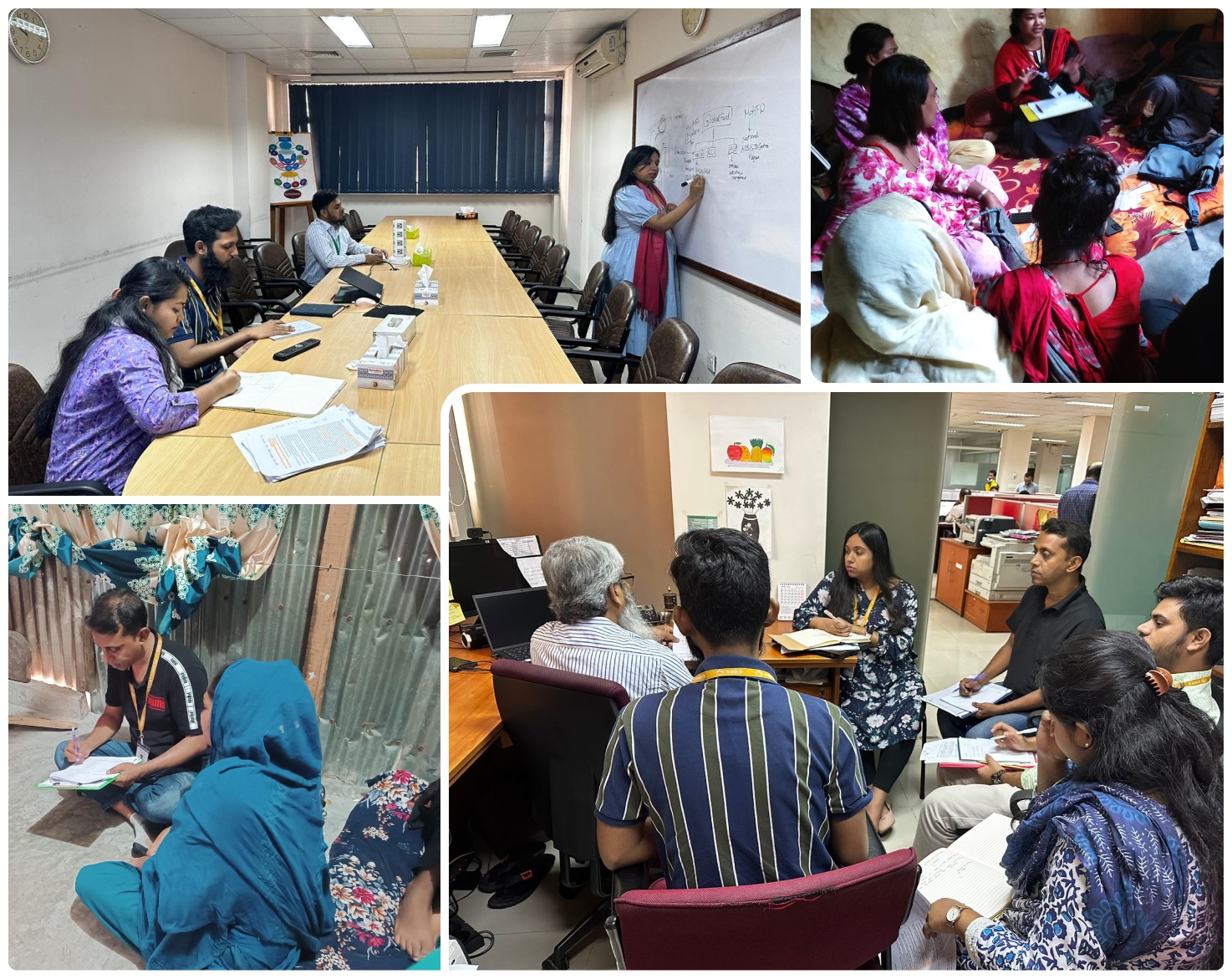Generating evidence and policy recommendations for safeguarding sexual and reproductive health rights (SRHR) of transgender people in selected areas of Dhaka city, Bangladesh
- 0 Trainings
- 0 Workshops

Principal Investigator: Samira Dishti Irfan
Study Design: Innovations from Young Researchers/ PoC
Theme: Key Population
Targeted population group:
Study duration: Nov-2022 - Nov-2023
Study sites: Dhaka
Study status: On Going
Transgender women (hijra) have been declared as a third gender by the Government of Bangladesh. Although this is a monumental policy decision taken by the Government, their SRHR and other rights are not being reflected on the ground in various sectors, such as the healthcare sector. Rather, they are subject to discrimination and social exclusion, thus reducing their physical and mental health outcomes. Most of the knowledge base is skewed towards the healthcare access barriers of hijra without placing much emphasis on the rights-related aspects. Moreover, analysis is required of the differences between the policy and the grounded reality. It is worth noting, however, that it would be challenging to ensure that policy recommendations are being implemented on the ground unless we enlist the support of policy and programmatic stakeholders, and members of the hijra community. This study is aimed to understand the SRHR-related rights situation of hijra in selected areas of Dhaka city, Bangladesh by applying two main theoretical propositions: the policy analysis framework and participatory action research framework. The study is occuring throughout two phases: the evidence generation phase and the policy recommendation formulation phase. During the evidence generation phase, we are conducting a combination of desk review and mixed methods research on a total sample size of 296 hijra in four catchment areas in Dhaka city (i.e., Badda, Uttara, Darussalam and Jatrabari) to understand the discrepancies between the separate gender policy and grounded realities of hijra. The data will be collected, analysed and packaged into a lay summary to be shared with a diversity of stakeholders during the policy recommendation formulation phase. The stakeholders will include policy planners, healthcare practitioners, media representatives, religious leaders, hijra rights activists, etc.



